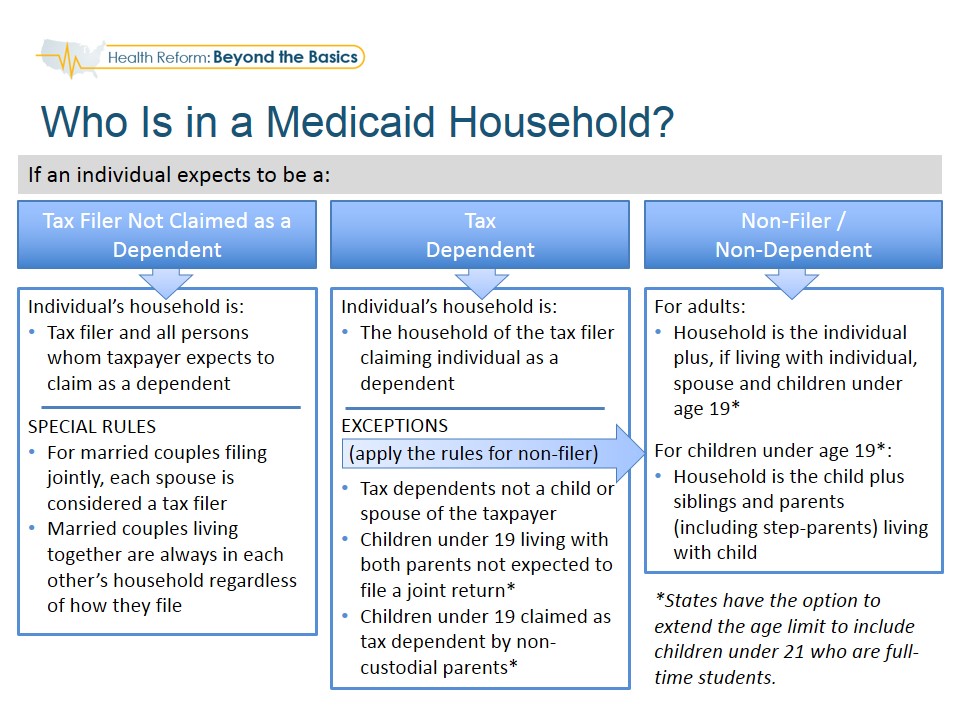Can i travel at 37 weeks pregnant
Traveling While Pregnant or Breastfeeding
Special considerations for traveling while pregnant
Traveling during pregnancy is normal and a lot of women do it. But it's important to think about potential problems that could come up during international travel. Also think about how you would get quality health care in the countries you are visiting. Get all of the vaccines you need before becoming pregnant instead of waiting to get them during pregnancy.
The American College of Obstetricians and Gynecologists says the safest time for a woman to travel is in the second trimester of her pregnancy, from 14 to 28 weeks. This is the time when you will feel your best. You are also at the lowest risk for spontaneous abortion or premature labor. During the third trimester (25 to 40 weeks), many healthcare providers and midwives advise staying within a 300-mile radius of home because of potential problems such as high blood pressure, phlebitis, and false or preterm labor. Generally, women are not allowed to travel by air after 36 weeks for domestic travel, and after 28 to 35 weeks for international travel. The decision on whether to travel and how far to travel at any time during pregnancy should be a joint decision between you and your healthcare provider or midwife.
According to the CDC, pregnant women with the following conditions may be advised against traveling to countries that require pre-travel vaccines. This list may be incomplete. So discuss your health history with your provider or midwife before planning travel:
History of miscarriage
Incompetent cervix
History of ectopic pregnancy
History of premature labor or premature rupture of membranes
History of or current placental abnormalities
Threatened miscarriage or vaginal bleeding during current pregnancy
Multiple fetuses in current pregnancy
History of toxemia, high blood pressure, or diabetes with any pregnancy
History of infertility or trouble getting pregnant
Pregnancy for the first time over the age of 35 years
Heart valve disease or congestive heart failure
History of blood clots
Severe anemia
Chronic organ system problems that need to be treated
You may also be advised against traveling to places that may have hazards. The list below may be incomplete. Talk about your travel plans with your healthcare provider or midwife before planning a trip.
The list below may be incomplete. Talk about your travel plans with your healthcare provider or midwife before planning a trip.
Places with high altitudes
Places that have outbreaks of life-threatening food- or insect-borne infections
Places where malaria is common
Places where live-virus vaccines are needed or recommended
Healthy tips for traveling while pregnant
Here are tips for traveling while pregnant:
Try to plan ahead for any problems or emergencies that could come up before you travel. Check that your health insurance is valid while you are abroad. Also check to see whether the plan will cover a newborn, should you deliver while away. You may want to think about getting a supplemental travel and medical evacuation insurance.
Research medical facilities in your destination. Women in the last trimester of pregnancy should look for places that can manage complications of pregnancy, toxemia, and cesarean sections.

If you will need prenatal care while you are abroad, arrange for this before you leave. Talk with your healthcare provider or midwife to figure out the best way to handle this.
Know your blood type and check that blood is screened for HIV and hepatitis B in the areas you will be visiting.
Check that safe food and beverages such as bottled water and pasteurized milk are available at your destinations.
If flying, ask for an aisle seat at the bulkhead. This gives you the most space and comfort. If morning sickness is a problem, try to arrange travel during a time of day when you generally feel well. Seats over the wing in the midplane region will give you the smoothest ride.
Try to walk every half-hour during a smooth flight. Flex and extend your ankles often to prevent blood clots in the veins (thrombophlebitis).
Fasten your seat belt at the pelvis level, below your hips.
Drink plenty of fluids to stay hydrated.
 Aircraft cabins have low humidity.
Aircraft cabins have low humidity.Try to rest as much as possible while away. Exercise and activity during pregnancy are important. But try not to overdo it.
Special considerations for traveling while breastfeeding
Breastfeeding gives babies the most nutritional start in life. It also gives them vital protection against certain infections. But traveling internationally while nursing can be challenging.
If you are breastfeeding only, you don't have to worry about sterilizing bottles or having clean water. You may get vaccines to protect against disease, depending on where you are traveling. But diseases such as yellow fever, measles, and meningococcal meningitis may be a threat to infants who can't be vaccinated at birth. Discuss this with both your healthcare provider or midwife and your infant's care giver before you travel.
If you are feeding your baby formula, it's best to use powdered formula made with boiled water. You may also want to carry a supply of prepared infant formula in cans or ready-to-feed bottles for emergencies.
Breastfeeding helps lower the chance of your baby getting traveler's diarrhea. If you get traveler's diarrhea, drink more fluids, and continue to nurse your baby.
Watch your eating and sleeping patterns, as well as your stress levels. This will affect your milk output. Drink more fluids. Stay away from alcohol and caffeine, as well as exposure to smoke.
Traveling During Pregnancy
In most cases, pregnant patients can travel up to 36 weeks as long as they do not have any complications and they understand the risks that are involved. It is important for obstetrical patients to realize that some complications can arise without warning and traveling may require receiving medical attention away from their familiar provider. The best time to travel is mid-pregnancy (14-28 weeks) because many pregnancy symptoms have subsided and you will be the most comfortable.
First Trimester Travel
Traveling more than two hours from home before your first ultrasound has established an intrauterine pregnancy is not advised.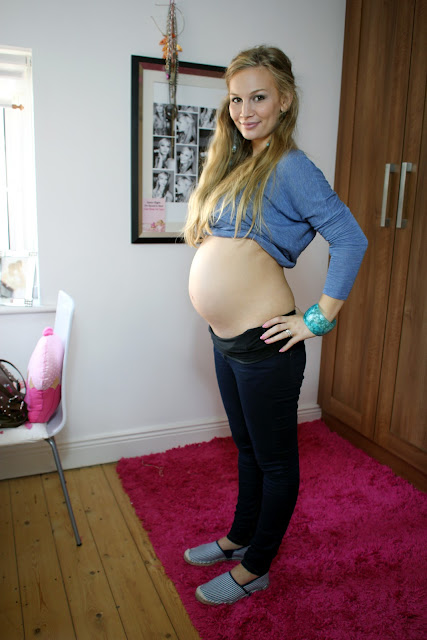 During this time you are at risk for miscarriage, ectopic pregnancy, and spotty bleeding. Also, your body is physically adjusting to the pregnancy and you can experience cramping, significant fatigue, nausea, and vomiting.
During this time you are at risk for miscarriage, ectopic pregnancy, and spotty bleeding. Also, your body is physically adjusting to the pregnancy and you can experience cramping, significant fatigue, nausea, and vomiting.
Second Trimester Travel
Once an intrauterine pregnancy has been established, traveling during this time is generally safe. If you have any of the following obstetrical risk factors please consult your provider before making any travel plans:
- Incompetent cervix.
- History of or current pre-term labor.
- History of premature rupture of membranes.
- History or current placental problems.
- Vaginal spotting/bleeding.
- Multiple gestations.
- History of or current toxemia, preeclampsia, blood pressure problems.
- History or current gestational diabetes.
- Advanced Maternal Age (older than 35) or younger than 15 years of age.
- If you have any complications that are not on this list, please consult your provider before traveling.
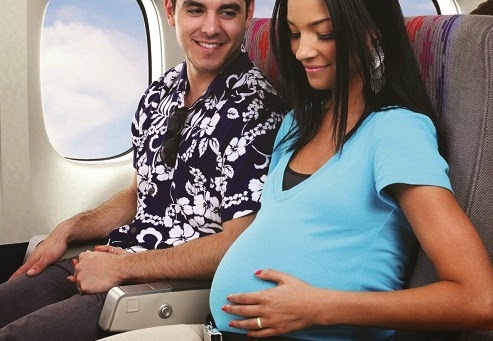
Third Trimester Travel
If you are without complications, traveling up to 36 weeks by car or air is acceptable as long as you are aware of the potential risks. Complications such as hypertension, preterm labor, and premature rupture of membranes often come without warning and can occur quickly requiring medical attention. If you are 36 weeks or further we do not recommend any travel farther than two hours from home by car. Air travel after 36 weeks is not recommended. Once you have made the decision to travel you should take the following precautions:
- Make an appointment with your provider a few days before departure.
- Take a copy of your prenatal face sheet with you on your travels.
- Take a copy of your health insurance card with you.
- Locate a medical facility close to your destination in case an emergency would arise.
- Do not stay stationary in the car or air, it is important to walk around every two hours.
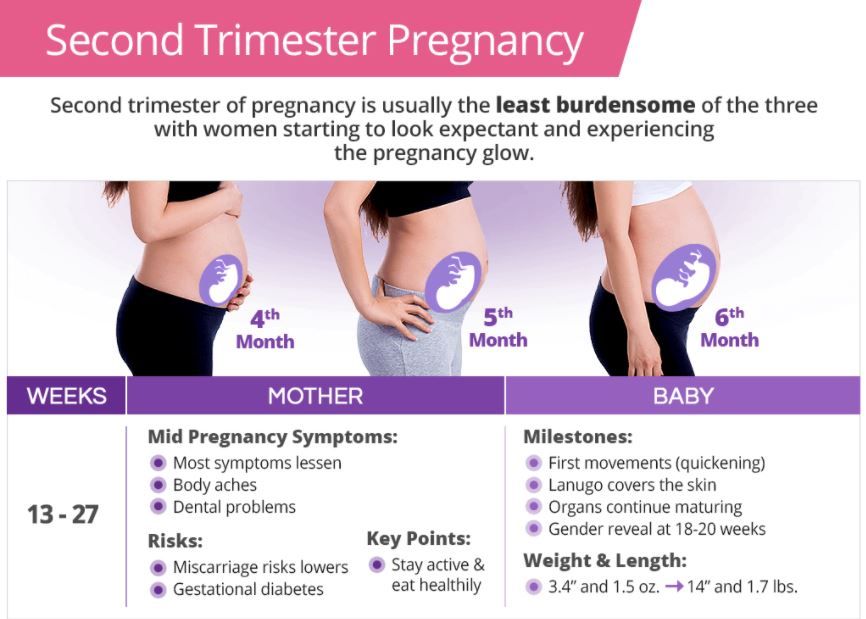
Tags
Dr. Carrie Soder Dr. Erika Boothman Dr. Amy W. Rahl Dr. Ann Marie Wurst Dr. Alexandra Schueler Dr. Joanna Buell Dr. Kevin Hackett Dr. Lauren Sagaria Columbus Location Dublin Location Westerville LocationTraveling while pregnant
We have selected the seven most important questions to consider when planning a vacation while pregnant.
How long can you travel?
The best time for a "in position" vacation is the second trimester, 14-26 weeks. The toxicosis of the first trimester has already been left behind, and with it - morning sickness and malaise, a reaction to smells and stuffiness. At the same time, the stomach is not yet so large and while it does not interfere with your movement, you feel quite easy and confident. Doctors insist that long-distance trips should be planned no later than the seventh month of pregnancy, since after this period there is a risk of premature birth. It is unlikely that you will want the baby to be born in a train car or in an airplane seat.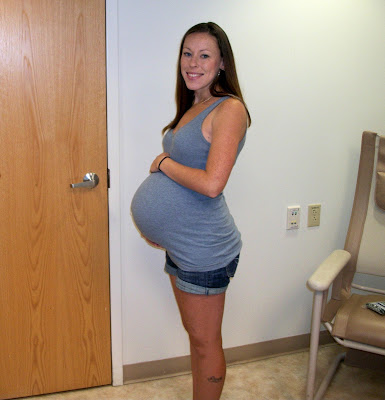 nine0003
nine0003
Will health insurance help?
According to international rules, medical insurance does not include cases related to pregnancy and childbirth (however, in some countries, it is valid for up to 12 weeks). Keep this in mind and allow for an additional amount for unforeseen medical expenses.
When is the best time to cancel a trip?
You should definitely discuss your future trip with a gynecologist.
There are some serious medical contraindications that are not to be trifled with. These include:
- Exacerbation of any chronic diseases and allergic reactions.
- Problems with the formation of the placenta, its low location. In this case, even a small load increases the risk of uterine bleeding.
- Nephropathy (preeclampsia, late toxicosis).
- Threatened miscarriage.
However, let's hope that these illnesses do not affect you, and you are busy with pleasant chores - choose where you would like to go.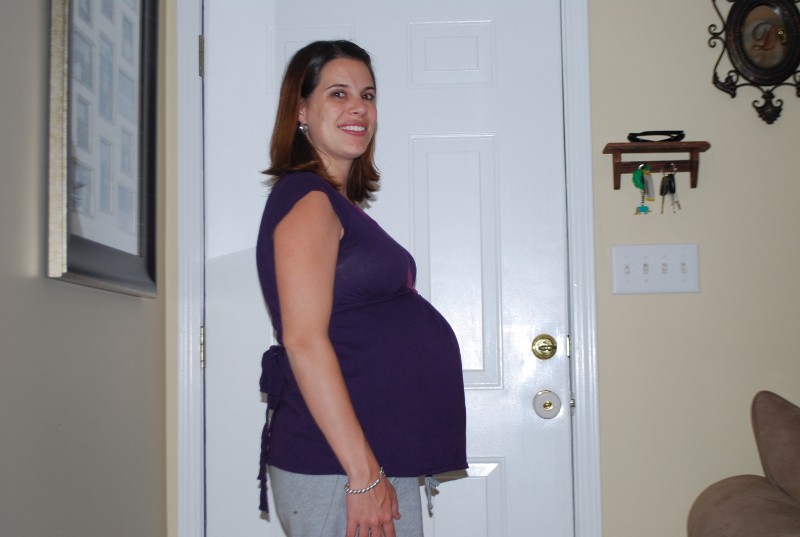 By the way, now it is better for you to travel in a company (with your husband, mother or girlfriend), in this case you will feel more confident. nine0003
By the way, now it is better for you to travel in a company (with your husband, mother or girlfriend), in this case you will feel more confident. nine0003
Where to go?
Pregnant women, of course, sometimes have "their quirks", but still in your position it is better not to plan vacations in exotic countries (such as Africa, Cuba, Mexico, Asia, etc.). There are a number of reasons for this. Firstly, they are far enough away, so that the flight will be long and tiring. Secondly, this is a completely different climate zone, which means that you are provided with temperature drops and problems with acclimatization. Finally, the specific infectious diseases of Africa and Asia, too, unfortunately, have not yet been canceled. nine0003
It is easier and safer to travel to countries with similar climatic conditions - Croatia, France, Spain, Switzerland, the Baltic countries. Options closer and cheaper - Crimea, Valdai, Seliger.
What to do on vacation?
Most importantly - no extreme! Even if earlier you were known among your friends as a risky girl, now it is better to prefer the least traumatic type of recreation. Therefore, any extreme sport is now excluded for you - windsurfing, mountaineering, scuba diving, skiing, cycling. nine0003
Therefore, any extreme sport is now excluded for you - windsurfing, mountaineering, scuba diving, skiing, cycling. nine0003
What remains? Not so little! You can walk, pick berries in the forest, go boating or go fishing. They say that pregnant women feel some special unity with nature. Listen to your feelings, keep a charge of vivacity and solar energy in yourself and try to pass it on to your baby.
A great activity for a future mother is swimming, especially in clean sea water. Swimming is extremely beneficial for the musculoskeletal system, blood circulation, and the cardiovascular system. nine0003
What can not be done?
- Stay in the sun for a long time. In fact, it is not recommended for non-pregnant women to do this, but for you this requirement becomes simply vital. Long exposure to the sun can cause uterine bleeding, affect the heart and blood vessels (and then not far from fainting), provoke varicose veins, and increase age spots on the skin. Sunlight should be avoided from 12 to 17 hours - this is the period of the so-called.
 active sun. nine0020
active sun. nine0020 - Get cold. If this does happen, try to warm up as soon as possible: take a warm bath, drink plenty of hot tea with raspberries, ginger, lemon, etc.
- Experiment with new products. In nutrition, it is better to keep old habits and not try new, especially exotic dishes.
What is the preferred transport for pregnant women?
This question is difficult to answer unambiguously: each mode of transport has its pros and cons for pregnant women. Judge for yourself:
Airplane
Undoubtedly the fastest mode of transport, but during takeoff and landing there is a sharp change in atmospheric pressure, this can lead to vasoconstriction and even premature detachment of the placenta (especially if there were any problems with it before). If you still have to fly, try not to sit in the same position all the time, walk around the cabin, do simple exercises for the arms and legs (at least rotation of the hands and feet), rise on toes, etc. , to there were no blockages. nine0003
, to there were no blockages. nine0003
By the way, please note that at the time of ticket check-in, you may be required to provide a medical opinion that you are unlikely to give birth within the next 72 hours.
Train
Not a bad option, but just take care of maximum comfort on the way. Your choice is at least a coupe, and preferably an SV, and, of course, a lower shelf. Stock up on enough alcohol wipes to sanitize your hands and a variety of handy items. nine0003
Car
The good thing is that from time to time you can stop along the way at your discretion. It is better to do this every 200-250 km for 5-10 minutes. It is better for the expectant mother to sit in the back seat so as not to rest her stomach against the dashboard. A prerequisite is reliable seat belts. They should not put pressure on the stomach, but only support it from below. A cooler bag with a supply of drinking water, fruit drinks, light snacks will also come in handy on the way. If there is no such bag, you can freeze several bottles of water, compote, fruit drinks in advance and take them with you - they will definitely come in handy during your trip. nine0003
If there is no such bag, you can freeze several bottles of water, compote, fruit drinks in advance and take them with you - they will definitely come in handy during your trip. nine0003
Place a comfortable pillow under your back to reduce the load on your spine.
In short, pregnancy is not a reason to give up vacations and travel! You just need to think and calculate everything well, and then you can truly enjoy not only the sea, the sun and fresh air, but also your new position.
Inessa Smyk
Sources
- Shalev Ram H., Ram S., Miller N., Rosental YS., Chodick G. at birth: A retrospective study among 284,069women in Israel between the years 2000 to 2016. // PLoS One - 2020 - Vol15 - N2 - p.e0228639; PMID:32027691
- Melidosian L., Evans E., Stewart K., Antony KM. Travel During Pregnancy: A Study of Postpartum Women in Madison, Wisconsin. // WMJ - 2019 - Vol118 - N3 - p.114-119; PMID:31682746
- Vouga M.
 , Chiu YC., Pomar L., de Meyer SV., Masmejan S., Genton B., Musso D., Baud D., Stojanov M. Dengue, Zika and chikungunya during pregnancy: pre- and post- travel advice and clinical management. // J Travel Med - 2019- Vol26 - N8 - p.; PMID:31616923
, Chiu YC., Pomar L., de Meyer SV., Masmejan S., Genton B., Musso D., Baud D., Stojanov M. Dengue, Zika and chikungunya during pregnancy: pre- and post- travel advice and clinical management. // J Travel Med - 2019- Vol26 - N8 - p.; PMID:31616923 - Fatima S., Skarzynska M. Congenital Malaria in a Febrile Infant Born to an Immigrant Mother With No Travel During Pregnancy. // Pediatr Emerg Care - 2019 - Vol - NNULL - p.; PMID:30925567
- No authors found ACOG Committee Opinion No. 746: Air Travel During Pregnancy. // Obstet Gynecol - 2018 - Vol132 - N2 - p.e64-e66; PMID:30045212
- No authors found ACOG Committee Opinion No. 746 Summary: Air Travel During Pregnancy. // Obstet Gynecol - 2018 - Vol132 - N2 - p.533-534; PMID:30045206
- Joob B., Wiwanitkit V. Travel During Pregnancy. // WMJ - 2018 - Vol117 - N1 - p.3; PMID:29677405
- Petrikovsky B., Terrani M., Sichinava L. Transatlantic Air Travel in the Third Trimester of Pregnancy: Does It Affect the Fetus? // AJP Rep - 2018 - Vol8 - N2 - p.
 e71-e73; PMID:29670815
e71-e73; PMID:29670815 - Antony KM., Gupta VK., Hoppe KK., Quamme T., Feldman N., Stewart K. Travel During Pregnancy: Results From an Ultrasound Unit-Based Questionnaire. // WMJ - 2017 - Vol116 - N5 - p.205-209; PMID:29357209
- Chandrasekaran N., Marotta M., Taldone S., Curry C. Perceptions of Community Risk and Travel During Pregnancy in an Area of Zika Transmission. // Cureus - 2017 - Vol9 - N7 - p.e1516; PMID:28959511
Flying on vacation while pregnant. Rules, recommendations, tips
ATOR Bulletin, with the help of gynecologists and insurers, has compiled a set of the most important tips and recommendations that pregnant women will need when planning, preparing, flying and staying on a summer beach holiday - from choosing insurance to the rules of safe tanning and nutrition. nine0085
On the details and nuances of the organization of summer vacations during pregnancy “Vestnik ATOR” told:
Natalya Badikova , a midwife-gynecologist with 13 years of experience, uroginecologist, candidate of medical sciences
9000
Yulia Alcheev , Executive Director of the ERV insurance company, the largest player in the monotourism insurance market in Russia.
From our review you will find out:
- At what period of pregnancy can you fly on vacation, and when is it better to stay at home
- Until which week of pregnancy you can fly on vacation abroad
- Which insurance to choose for pregnant women
- What a pregnant woman needs to do before her vacation and what documents to take
- What are the symptoms of a pregnant woman to postpone the trip
- Plane, car, train - which is safer for pregnant women?
- Can pregnant women go through the scanner during security screening at the airport
- Air travel during pregnancy: how to behave and what to take with you
- Which country to choose for a beach holiday during pregnancy
- How to sunbathe during pregnancy
- Where it is safe to swim while pregnant - sea or pool
- How to eat while pregnant on vacation
- What to do if you find out you are pregnant while on vacation
I.
 PLANNING A PREGNANCY HOLIDAY
PLANNING A PREGNANCY HOLIDAY
WHEN PREGNANT WOMAN CAN GO ON HOLIDAY AND WHEN IT IS BETTER TO STAY AT HOME
during pregnancy, exclude pathological conditions. nine0003
To eliminate the risks of early booking, pregnant women should always take extended insurance when buying a tour - with the trip cancellation insurance option included. If you found out about pregnancy after buying the tour, you should purchase such insurance separately, as well as special medical insurance (but more on that later).
According to doctors and insurers, if there are no medical contraindications, it is best to go on a beach vacation with air travel in the second trimester of pregnancy, with some restrictions - in the first and first half of the third trimester (up to 31 weeks)
“The gestation period is from 14 weeks to 23 weeks, according to medical practice, the most “calm” and relatively safe period for flights and any travel,” says Natalya Badikova, obstetrician-gynecologist.
Pregnancy from 14 weeks to 23 weeks, according to medical practice, the most "calm" and relatively safe period for flights and any travel
According to doctors, it's not just that before the 12th week, pregnant women often experience toxicosis, which manifests itself in fatigue, nausea, poor health, changes in taste preferences, etc., which, of course, does not contribute to a peaceful rest. But also in the fact that until the 14th week inclusive, in the body of a woman there is an intensive main "laying" of all the systems and organs of the baby - and it is important not to interfere with her. In addition, in Russia, the most important screening during pregnancy is performed just at the end of the first trimester - from 11 to 14 weeks. This screening includes specialized ultrasound diagnostics, calculation of the individual risk of having a child with a chromosomal pathology, and a number of other complex studies. It is highly undesirable to miss it, so traveling far from the place of medical observation from the 11th to the 14th week of pregnancy is best excluded altogether. nine0003
nine0003
The same rule applies to 18-21 weeks - at this time, pregnant women undergo a second screening (perinatal diagnosis of fetal anomalies, a very important study), so you need to be within reach of the clinic where it is carried out and plan the start and end dates correctly tour so as to have time to pass this examination.
TILL WHAT WEEK OF PREGNANCY CAN YOU FLY ON A VACATION ABROAD PREGNANCY
Note that the third trimester of pregnancy is generally not recommended for travel with air travel and climate change. In particular, doctors consider it highly undesirable to fly on vacation from the 28th week of pregnancy until childbirth if:
- aggravated obstetric and gynecological history (earlier termination of pregnancy, miscarriages, miscarriages, serious gynecological diseases, etc.)
- have serious somatic comorbidities, including autoimmune diseases
- we are talking about a multiple pregnancy (twins or triplets).
However, if the pregnancy proceeds normally, without complications, then the tourist can go on a beach holiday abroad, but so that it ends no later than 31 weeks of pregnancy. nine0003
nine0003
Why this period? The point is not only the increased risk at this stage, but also the fact that all special insurance products existing in Russia with options for pregnant women provide insurance coverage for medical expenses for pregnant women only up to 31 weeks as a maximum. Therefore, all trips of pregnant women, starting from the 32nd week, will not be insured by any insurance company. There are simply no such policies - which means that complications or premature births abroad threaten with huge amounts billed for treatment. nine0003
After 32 weeks, both doctors and insurers give good advice to everyone: do not travel abroad, unless it is about some difficult life situations. This advice should be taken very seriously. The statistics of the largest travel insurer, ERV, are disappointing: 9 out of 10 women who seek medical assistance abroad for pregnancy complications lose a child.
Finally, let's recall one more factor. At a gestational age of 30-34 weeks, ultrasound is performed at the place of observation of a pregnant woman. That is, during this period it is also better to be within the reach of the health facility, where pregnancy monitoring takes place. nine0003
That is, during this period it is also better to be within the reach of the health facility, where pregnancy monitoring takes place. nine0003
WHICH INSURANCE TO CHOOSE FOR PREGNANT WOMEN
“The first thing tourists should understand is that pregnant women traveling abroad need special and separate insurance with options specifically for pregnant women. No basic insurance policy on the market that comes "by default" in a regular tour package covers any risks of pregnancy complications at 12-31 weeks. In this case, the tourist must ask a travel agent or take out additional insurance under a special program himself, ”says the executive director of the ERV insurance company. nine0003
Pregnant women traveling abroad need special and separate insurance with options specifically for pregnant women - this is not the same insurance that is already included in the tour package
The absolute majority of Russian insurance companies do not include the risks of pregnancy complications up to 12 weeks into their basic programs. The only exception on the market is ERV insurance, which even in the “basic” version recognizes pregnancy complications for up to 12 weeks as an insured event, since there is a possibility that the insured might not have known about her pregnancy in the early stages. nine0003
The only exception on the market is ERV insurance, which even in the “basic” version recognizes pregnancy complications for up to 12 weeks as an insured event, since there is a possibility that the insured might not have known about her pregnancy in the early stages. nine0003
Insurance products for pregnant women, starting from 12-13 weeks, are available in the range of all major players in the insurance market, the tourist can choose such insurance according to the set of options, the amount of insurance coverage or price.
As for insurances that cover risks up to 31 weeks of pregnancy (this is the maximum period), there are relatively few of them. The most “complete” insurance is again with ERV (Optima tariff): in addition to the period up to 31 weeks inclusive, the coverage here includes medical expenses not only for women, but also 10 thousand euros for nursing a child in a medical institution in case of premature birth (other companies cover mother's medical expenses only). This amount is enough for long-term care of the baby using special equipment in Europe or Turkey. nine0003
This amount is enough for long-term care of the baby using special equipment in Europe or Turkey. nine0003
And of course, the insurance must necessarily include the option “cancellation of the trip” (in everyday life this is also called “non-departure insurance”). The condition of a pregnant woman changes, and it may happen that right before the trip she will have contraindications to the flight. It is important to remember that if a tourist flies with her husband, children, or other relatives, then they will all receive the full amount of the entire tour only if the “insurance against non-departure” is issued for all of them (and not just for the pregnant woman herself). nine0003
WHAT SHOULD A PREGNANT WOMAN NEED TO DO BEFORE HOLIDAY AND WHAT DOCUMENTS TO TAKE
Before the trip (3-7 days in advance) it is necessary to visit a general practitioner and attending gynecologist, get a consultation and, if necessary, undergo the prescribed tests and procedures.
You need to ask the doctor to issue a certificate for the airline about the duration of pregnancy and the absence of medical contraindications (without it, if there are external signs of pregnancy, some air carriers may not allow you to board the aircraft). nine0003
nine0003
“In addition to insurance, travel documents and passports, you should also take an exchange card - especially if you are going to Russia. For the convenience and peace of mind of the vacationer, you can also take an extract from the attending physician with your medical history, appointments, the results of the last ultrasound, screening, etc., and translate them, if not into the language of the host country, then at least into English, ”advises the doctor gynecologist Natalya Badikova.
It would also be nice if the attending physician could be in touch with the tourist during the holidays. Modern telemedicine services allow this. For example, before traveling, you can check with your doctor if he consults remotely in a special application, or purchase a subscription to several telemedicine consultations from a trusted telemedicine operator. By the way, gynecologists also consult remotely. nine0003
WHAT SYMPTOMS OF A PREGNANT WOMEN IT IS BETTER TO POSTPONE A TRIP
“Drawing pains in the lower abdomen in the first trimester of pregnancy, pulling, cramping pains or tension (false and true contractions) – in the second and third trimester of pregnancy before a trip – an alarm bell. These are unconditional reasons for immediate medical attention. Brownish spotting or, moreover, scarlet spotting at any stage of pregnancy, watery - in the second and third trimester - is also a reason to immediately consult a doctor, and not go to the airport, ”says Natalya Badikova. nine0003
These are unconditional reasons for immediate medical attention. Brownish spotting or, moreover, scarlet spotting at any stage of pregnancy, watery - in the second and third trimester - is also a reason to immediately consult a doctor, and not go to the airport, ”says Natalya Badikova. nine0003
Among other "bad" signs that indicate the need for prompt consultation of a tourist with a doctor is a sharp headache accompanied by tinnitus. This may be the first signs of preeclampsia or preeclampsia. Reasons to postpone a trip for a pregnant woman are vomiting, diarrhea, as well as exacerbation of concomitant diseases.
In order for a pregnant woman to painlessly cancel a trip for health reasons and not lose money, when buying a tour or separately (but maximum 5 days before departure), you need to take out travel insurance for all tour participants, which we have already talked about. As a rule, its cost is 5% of the total tour. nine0003
II. AIR TRAVELING IN PREGNANCY
PLANE, CAR, TRAIN – WHICH IS SAFE FOR PREGNANT WOMAN?
Contrary to popular belief, the plane is not the most "risky" mode of transport for pregnant women.
“Many people think that the safest way for pregnant women to travel is by car because you can stop wherever you want. But it's not. The way it shakes in a car, it doesn't shake anywhere, even on a train. Bumps, sudden braking, emergency situations on the road - all this has a very negative effect on the state of pregnancy. Plus, prolonged physical inactivity, motion sickness, the smell of gasoline - this can trigger a cascade of pathological reactions, ”says Dr. Badikova. nine0003
As for the train, if it is a comfortable express, and especially if the journey is not long (3-4 hours, "Sapsan"), then it is quite possible to consider it. You can also consider the new double-decker express trains "Moscow-Sochi". In other cases, especially if the train is old, with age-appropriate bathrooms, doctors recommend considering an airplane instead of a train.
IS IT POSSIBLE FOR PREGNANT WOMEN TO PASS THE SCANNER WHEN INSPECTION AT THE AIRPORT
Only X-ray devices are dangerous - therefore, you should find out what type of scanner is at the airport. If there is a corresponding icon on the device, then you should present a certificate of pregnancy to the airport employee and go through other screening procedures. nine0003
If there is a corresponding icon on the device, then you should present a certificate of pregnancy to the airport employee and go through other screening procedures. nine0003
However, modern devices at airports are not dangerous for pregnant women. “Modern airport scanners use a low-frequency electromagnetic field. This is not ionizing radiation, there is no harm to the body of the pregnant woman and the baby from him, as well as from ultrasound, ”says Natalya Badikova.
AIR TRAVELING IN PREGNANCY: HOW TO BE AND WHAT TO BRING WITH YOU
Air travel also has its own factors that can negatively affect the health of pregnant women. There are risks, but if the pregnant woman feels well, and the doctors have no objection to the vacation, you can fly. nine0003
Firstly, these are changes in blood pressure during takeoff and landing. This is usually fought by creating a state of rest (you need to take a special pillow with an adjustable boost, disposable ear plugs, an eye mask for the flight), and drinking plenty of water (plain water without gas). You can easily buy water at the airport after crossing the border. It is also a good idea to take a bar of dark chocolate with you on a flight (in case of pressure drops and just for a snack).
You can easily buy water at the airport after crossing the border. It is also a good idea to take a bar of dark chocolate with you on a flight (in case of pressure drops and just for a snack).
Secondly, this is hypodynamia and a long stay in a sitting position, so pregnant women should, if possible, choose destinations for recreation with a short flight (3-5 hours) during this period of their lives
Pregnant women should, if possible, choose holiday destinations during this period of their lives with a short flight (3-5 hours)
Why? “Long stay in a sitting position leads to congestion in the pelvis. This can disrupt blood flow in the pelvic organs, including the uterus, and cause changes in bowel function. Swollen intestinal loops can put pressure on the uterus, this can cause hypertonicity, which, in some cases, can cause abortion, ”explains Natalia Badikova. How to deal with this risk? It's simple: during the flight, you should try to walk around the cabin more often, get up, change the position of the body, do light gymnastics for the legs and arms.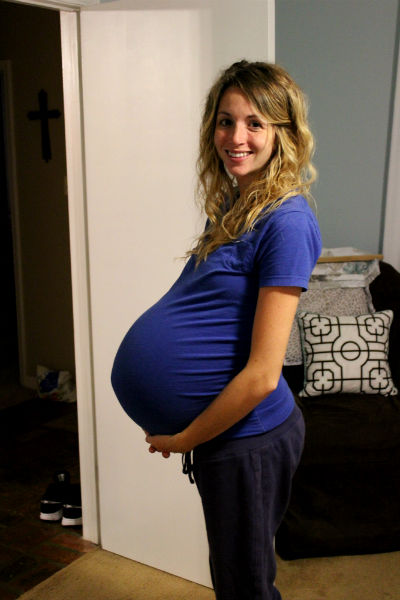 nine0003
nine0003
A pregnant woman should not forget to take hygiene products (wet wipes, disposable pads, etc.), micellar water (no more than 100 ml to be allowed on the plane) with her on the flight (in hand luggage) - to moisturize the skin during the flight, a set of drugs (if the drugs are rare and prescription, it is better to take a prescription for them, sometimes with a notarized translation - in order to avoid difficulties at the border).
Pregnant women should also take care of compression stockings during the flight. These must be stockings or stockings (compression class must be determined by the attending physician). In the second and third trimester, a prenatal bandage should be worn for flying. During the flight, a woman should wear cotton underwear and a bra with wide straps. nine0003
During the flight, it is better for pregnant women to wear comfortable shoes - light, breathable moccasins or slippers.
III. PREGNANCY BEACH HOLIDAY
WHICH COUNTRY TO CHOOSE FOR A PREGNANT BEACH HOLIDAY
The list of such countries is determined by a combination of three main factors.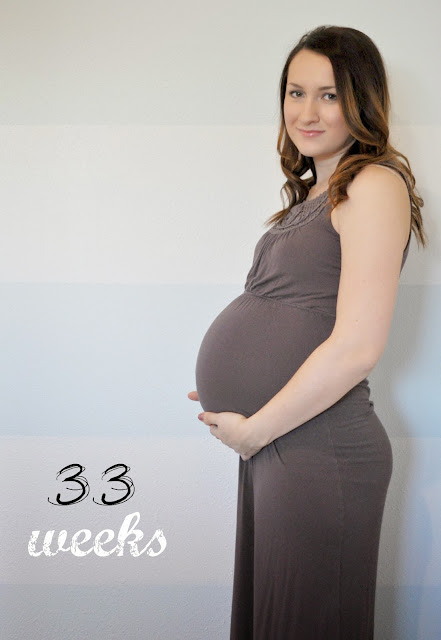 Firstly, as we have already said, these should be destinations with a short flight (up to 5 hours as a maximum).
Firstly, as we have already said, these should be destinations with a short flight (up to 5 hours as a maximum).
Secondly, it should be Russia or foreign non-exotic countries with a relatively temperate climate and a diet adapted to our cuisine. Countries with excessively hot climates and exotic cuisine should be avoided. nine0003
“Water and food that is not typical for our diet, for example, in the countries of South and Central America, Southeast Asia, can provoke toxicosis of pregnant women in the first trimester, even if you do not have it. It is also provoked by heat. The fact is that hypoglycemia (lack of glucose) can serve as an impetus for the development of toxicosis in pregnant women. And it occurs in hot climates due to increased evaporation of moisture from the skin, heavy drinking and, as a result, lack of appetite and long intervals in eating,” says Dr. Badikova. nine0003
Doctors advise pregnant women to choose for a beach vacation those countries where the average daily (attention - not daily, but average daily) temperature in the place and during the rest period does not exceed 30. 5 degrees Celsius.
5 degrees Celsius.
Pregnant women should choose for a beach holiday those countries where the average daily (not daily, but average daily) temperature during the holidays does not exceed 30.5 degrees Celsius
Definitely, pregnant women should not choose countries where there is a risk of infection with giardiasis infections, and in general with infectious diseases (Japanese encephalitis, Dengue fever, Zika, etc.). It should be clearly excluded from visiting countries in which it is recommended to be vaccinated in advance (the list can be found on the website of Rospotrebnadzor). Doctors strongly recommend that pregnant women not be vaccinated against any diseases - this can be fatal for the child, since any vaccine passes through the placental barrier. nine0003
Thirdly, besides the climate and food, pregnant women should take into account one more factor when choosing a vacation destination: the availability and level of medicine in the country and in the hotel.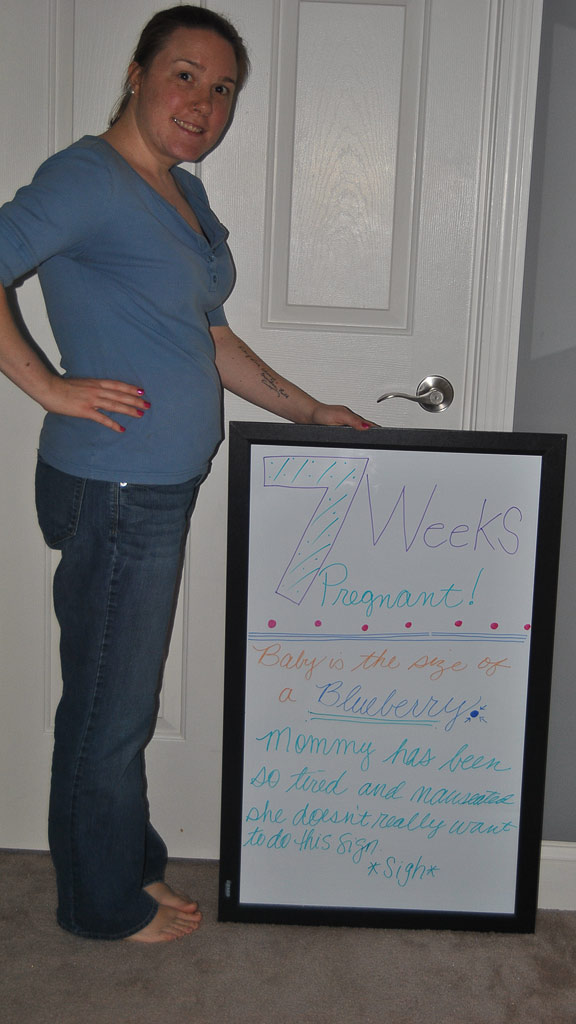 Preference during pregnancy should be given to countries with developed medicine (at least in resorts), and when choosing a hotel, you should ask the travel agent if there is a doctor in the hotel (as a rule, he happens in high-level hotels).
Preference during pregnancy should be given to countries with developed medicine (at least in resorts), and when choosing a hotel, you should ask the travel agent if there is a doctor in the hotel (as a rule, he happens in high-level hotels).
The choice of a pregnant woman in the first and second trimester, therefore, comes down to the following list of destinations: Russia, worthy hotels in Turkey, Spain, Italy, Greece, Cyprus, Croatia, Bulgaria, Montenegro, Slovenia, Czech Republic. You can also go to the countries of the Persian Gulf (preferably to the developed emirates of the UAE - Dubai and Abu Dhabi, or to Qatar), and carefully choosing a hotel, preferring high-level ones. nine0003
The countries of Equatorial Africa, South-East Asia and the Americas should be excluded from your list during pregnancy due to the long flight, hot climate, unusual cuisine, the risk of infectious diseases, and in some cases the need for vaccinations.
HOW TO BATH WHEN PREGNANT
All is well, and the pregnant tourist is at a beach resort. Summer and the beach mean the sun, and here the doctors also have their advice. The sun, of course, brings positive to the pregnant woman (more endorphins are released), replenishes the vitamin D deficiency, which is typical for residents of northern countries. nine0003
Summer and the beach mean the sun, and here the doctors also have their advice. The sun, of course, brings positive to the pregnant woman (more endorphins are released), replenishes the vitamin D deficiency, which is typical for residents of northern countries. nine0003
Firstly, exposure to the sun and even swimming in the sea (due to the reflection of the sun's rays from the water surface) should be avoided by pregnant women from 12.00 to 16.00.
Secondly, and the rest of the time you need to be careful about protection from sunlight. “During pregnancy, a woman often has hyperpigmentation. Taking into account being in the sun during the holidays, there is a very high probability that age spots, freckles that appeared during pregnancy on exposed parts of the body will not disappear. Therefore, a pregnant woman needs to take sun protection with her on vacation, with a protection factor of at least 50 - more is better. It is desirable that such a product contains vitamin E. And immediately after exposure to the sun, you need to apply a special after-sun product, it will additionally moisturize the skin, ”says Natalya Badikova. nine0003
nine0003
Pregnant women should take sun protection with a protection factor of at least 50, preferably more. It is desirable that the composition contains vitamin E
In particular, physicians consider such lines of protective equipment as Sanosan, Lierak, Uriage, from budget ones, for example, Garnier, to be well-established products. But everything is individual, and in choosing the brand and, most importantly, the composition of the product, it is better to follow the advice of the attending gynecologist.
Gynecologists strongly recommend tourists to take a closed swimsuit to the beach, excluding direct sunlight on the abdomen. “It will also be very good to take a cap with a large visor or a hat with a brim - to exclude sun exposure on the face, since the risks of age spots in pregnant women are very high,” advises Dr. Natalya Badikova. nine0003
WHERE IT IS SAFE FOR A PREGNANT WOMAN TO BATH - THE SEA OR POOL
Pregnant women can safely swim in the sea if it is warm and the temperature is comfortable for the woman. The duration of stay in it is until the first moment when the pregnant woman feels “chillness”. Another tip - pregnant women should not stay in a wet bathing suit for a long time. At the first uncomfortable sensations, it is better to change clothes, and therefore take more than one set with you.
The duration of stay in it is until the first moment when the pregnant woman feels “chillness”. Another tip - pregnant women should not stay in a wet bathing suit for a long time. At the first uncomfortable sensations, it is better to change clothes, and therefore take more than one set with you.
At the same time, experts say, the sea for pregnant women is definitely preferable to the pool. nine0003
“Excessively chlorinated water in some pools can lead to changes in the microflora of the vagina, and eventually to bacterial vaginosis or inflammation of this area,” says Natalya Badikova. After the pool, it is also better for a pregnant woman to make an external (only external!) Treatment of intimate places with Miramistin or similar means.
HOW TO EAT FOR A PREGNANT WOMAN ON HOLIDAY
It is better to leave the diet in the hotel the same, close to the set of products that a woman eats at home, doctors say. The advice is feasible, especially with the all-inclusive system - the buffet at the hotel allows you to choose almost any type of food. nine0003
nine0003
However, there are restrictions: for example, any carbonated drinks should be excluded, it is better to drink black tea instead of green tea. And any exotic products for us, including southern fruits and vegetables, should be added to the diet gradually, in small portions, starting from 3-4 days of vacation.
“You shouldn't eat more than two unusual fruits a day (for example, mango). If we are talking about freshly squeezed juices, then this is a replacement for fruits (or fruits - or juices from them). Such juices should be drunk strictly after meals, not on an empty stomach, in order to avoid increased secretion of hydrochloric acid and heartburn, ”explains doctor Badikova. nine0003
WHAT TO DO IF YOU FIND OUT YOUR PREGNANCY DURING VACATION
A tourist found out about her pregnancy while on vacation and she has to fly back. It happens. If there are no disturbing moments (bleeding, pain, etc.) - you do not need to contact a local doctor. What should be done during this period?
Doctors advise in this case to immediately change the diet to a more fractional one, exclude alcohol, coffee, smoking (if there is such a habit), include more meat, fish, chicken in the diet.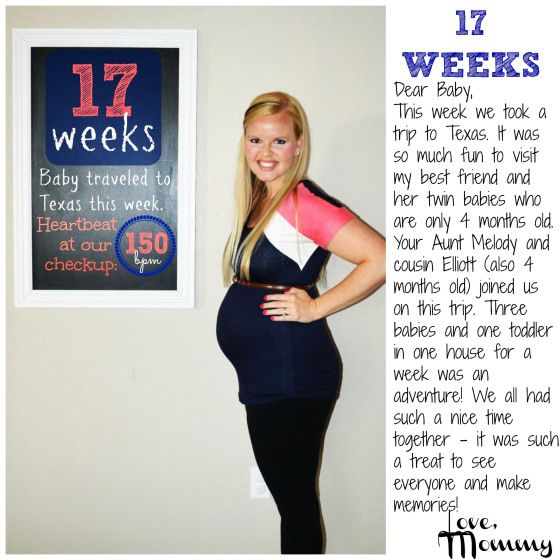
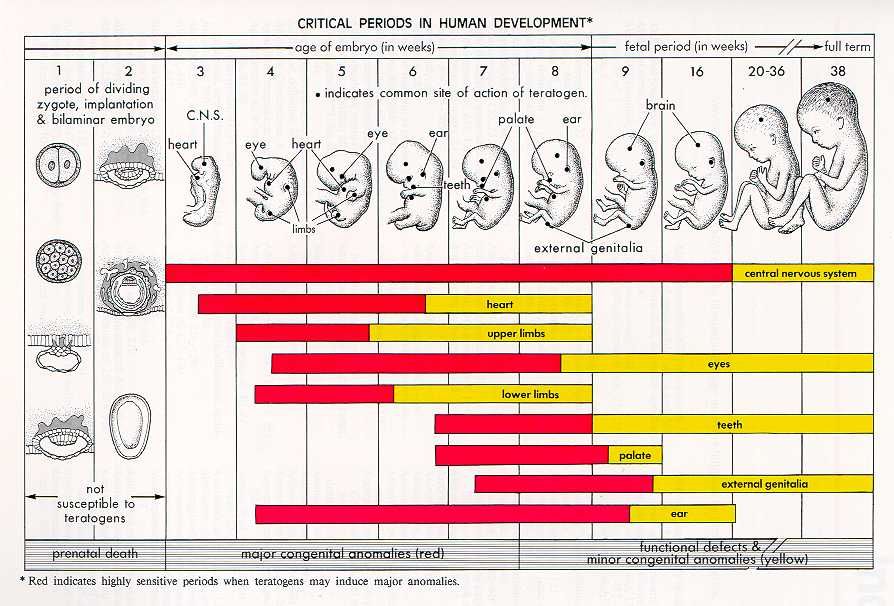
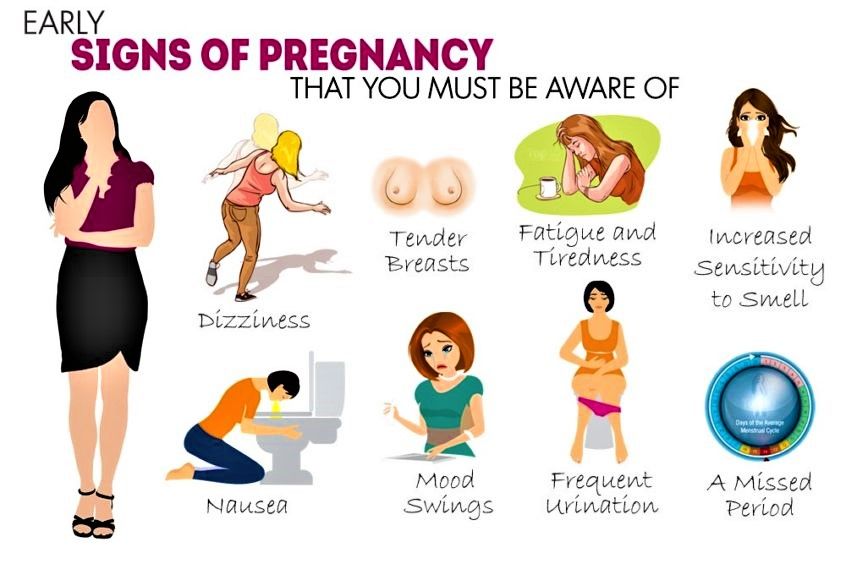



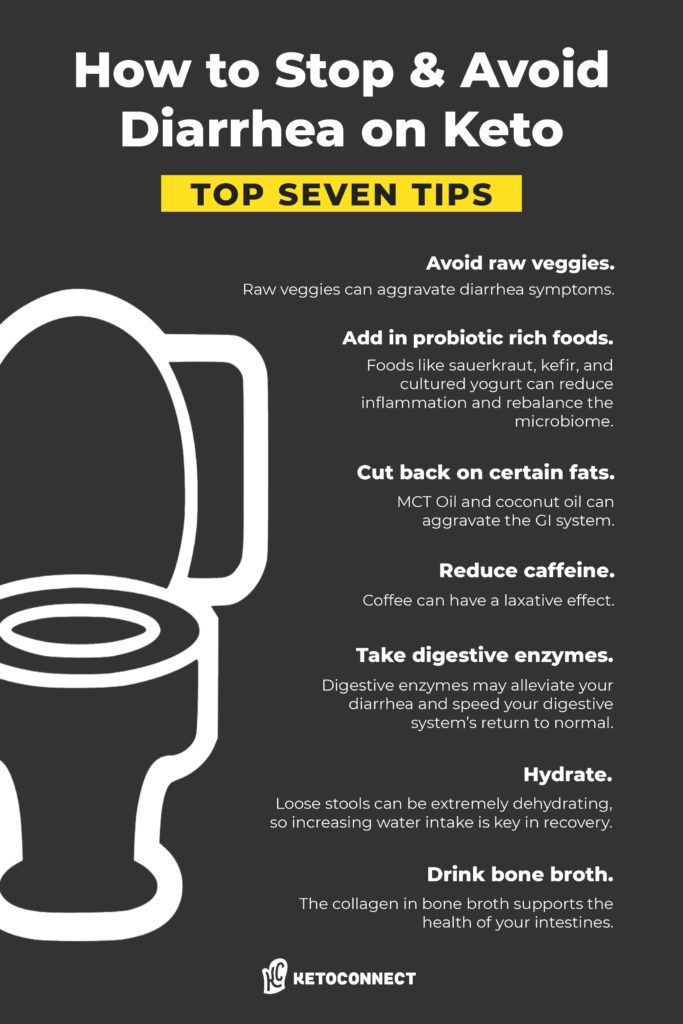
:strip_icc():format(jpeg)/kly-media-production/medias/2785562/original/028627600_1556001360-shutterstock_1019963743.jpg)

